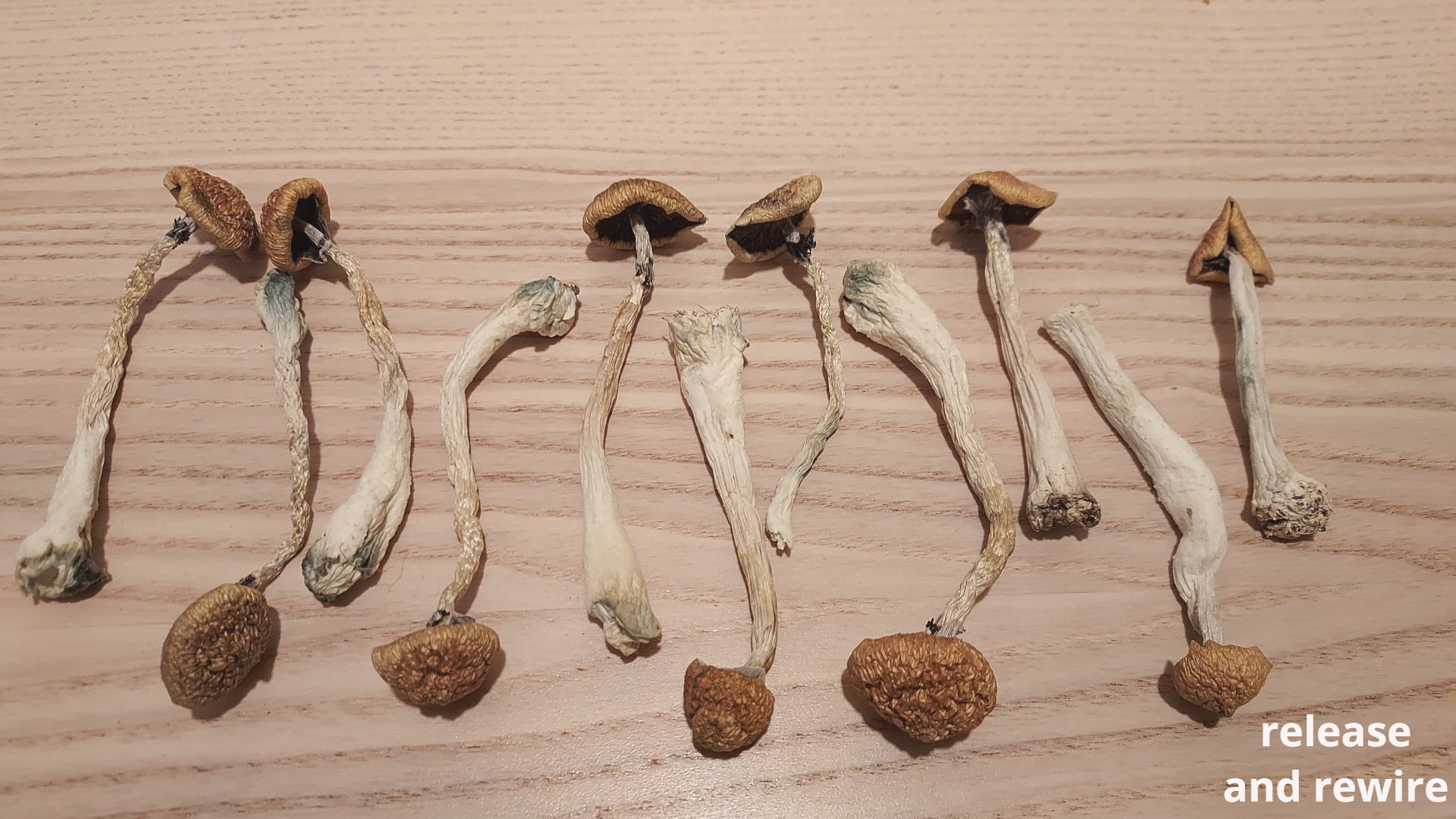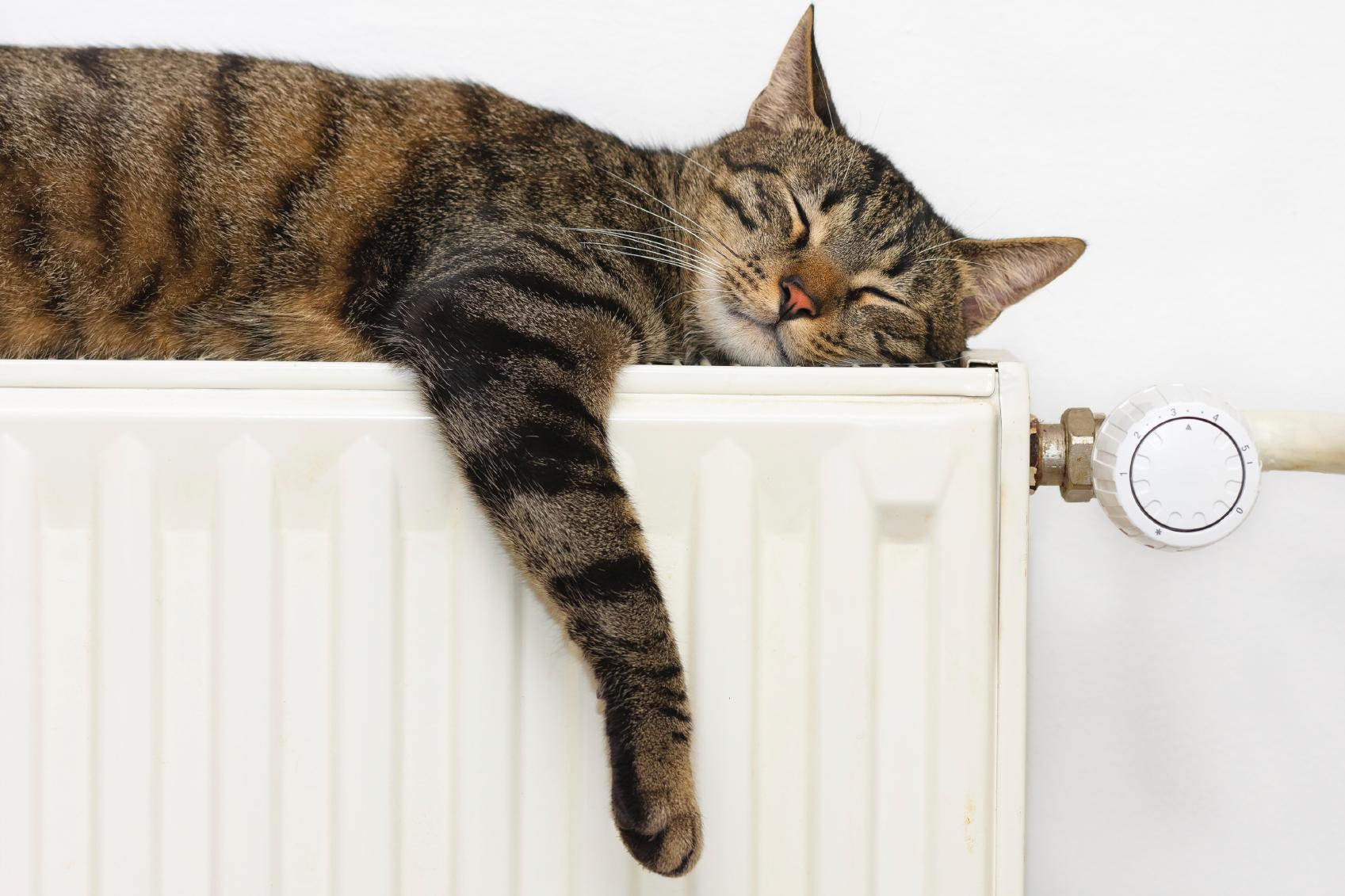The Direct Relationship Between Healthy Breathing and Anxiety
How is that?

How Breathing Patterns Affect the Anatomy of the Body
Breathing is more than just the exchange of oxygen and carbon dioxide in our lungs. It has a profound impact on various systems within our bodies. When we take shallow breaths or breathe rapidly, we engage in what is known as chest breathing. This type of breathing primarily utilizes the muscles of the chest, resulting in shallow inhalations and exhalations.
Chest breathing restricts the diaphragm's movement, a large muscle at the base
of our lungs.
As a result, the body relies more on the accessory muscles in the neck and shoulders to facilitate breathing.
This can lead to muscle tension and fatigue, which can heighten feelings of anxiety and physical stress.
On the other hand, healthy breathing patterns involve diaphragmatic breathing. When we breathe deeply, the diaphragm contracts and expands fully, allowing more oxygen to enter our bodies.
This deep breathing promotes relaxation, reduces muscle tension, and enhances our overall well-being.

How Are Breathing and Anxiety Interconnected?
Anxiety is a common mental health condition characterized by “excessive worry and/or fear.
It can manifest in various ways, including physical symptoms such as rapid heartbeat, shortness of breath, and increased muscle tension. These physical symptoms often contribute to a vicious cycle, exacerbating anxiety levels.
Research has shown that shallow, rapid breathing patterns are associated with anxiety and panic disorders. When we breathe rapidly, we activate the sympathetic nervous system, triggering the body's stress response. This response releases stress hormones such as cortisol and adrenaline, further fueling feelings of anxiety.
Conversely, practicing simple deep diaphragmatic breathing activates the parasympathetic nervous system, which promotes relaxation and counters the effects of stress.
Deep breathing triggers the relaxation response, reducing the release of stress hormones and calming both the mind
and body.
As research suggests, "controlled breathing stimulates the nervous and cardiovascular systems, potentially altering both physical and mental health states"
Daniel Craighead, an assistant research professor in the Department of Integrative Physiology at the University of Colorado Boulder AND a cardiovascular physiologist, led recent research demonstrating
just how much a specific breathing activity can affect one important measure of health: blood pressure.
" Breathing affects AND is affected by these systems [the sympathetic and parasympathetic nervous systems] but
by consciously slowing our breathing we
can manipulate them. Research suggests
that controlled breathing can trigger the “rest and digest” response by stimulating
the Vagus nerve, which controls many involuntary functions, including heart
rate. If you take a slow, deep breath
to calm down, that’s working physiologically by affecting the nervous system.
“It’s not just all mental,” said Craighead.
Why Establishing Healthy Breathing Patterns is Fundamental?
Now that we talked a bit about an important part of the impact of breathing patterns on our bodies and the interconnectedness
of breathing and anxiety, it becomes clear why establishing healthy breathing patterns is essential for our overall well-being.
Here are a few reasons why we should prioritize healthy breathing:
List of Services
-
Reduced anxietyList Item 1
Deep breathing techniques, such as diaphragmatic breathing, can help reduce anxiety levels by activating the body's relaxation response. By practicing deep breathing regularly, we can learn to manage and alleviate anxiety symptoms.
-
Improved focus and clarityList Item 2
Deep breathing increases oxygen flow to the brain, improving cognitive function, focus, and clarity. When our minds are calm and focused, we can better cope with stress and anxiety.
-
Enhanced Physical HealthList Item 3
Healthy breathing patterns improve lung function, oxygenation of the blood, and overall cardiovascular health. It can also help alleviate respiratory issues such as asthma and chronic obstructive pulmonary disease (COPD).
-
Stress ReductionList Item 4
Deep breathing promotes relaxation and helps combat the negative effects of chronic stress. By incorporating breathing exercises into our daily routine, we can better manage stress and promote a sense of calm.
-
Improved sleep
Breathing exercises can be particularly beneficial for individuals struggling with sleep disorders or insomnia. Deep breathing before bedtime can help relax the body and mind, promoting a restful night's sleep.
To wrap up, Breathing is an essential bodily function that goes beyond simply keeping us alive. The way we breathe directly impacts our mental well-being, specifically our levels of anxiety.
By understanding the relationship between breathing patterns and anxiety, we can take proactive steps to establish healthy breathing habits.
Remember, the next time you find yourself feeling overwhelmed or anxious, take a moment to focus on your breath.
Try to practice deep diaphragmatic breathing, inhaling and exhaling slowly and deeply.
Nothing to lose by trying, right?
By the way, did you subscribe to my newsletter already? If not, don't worry, you're not so far!
A scroll down and you're there :)
Want some inbox love?
Join my mailing list!




















